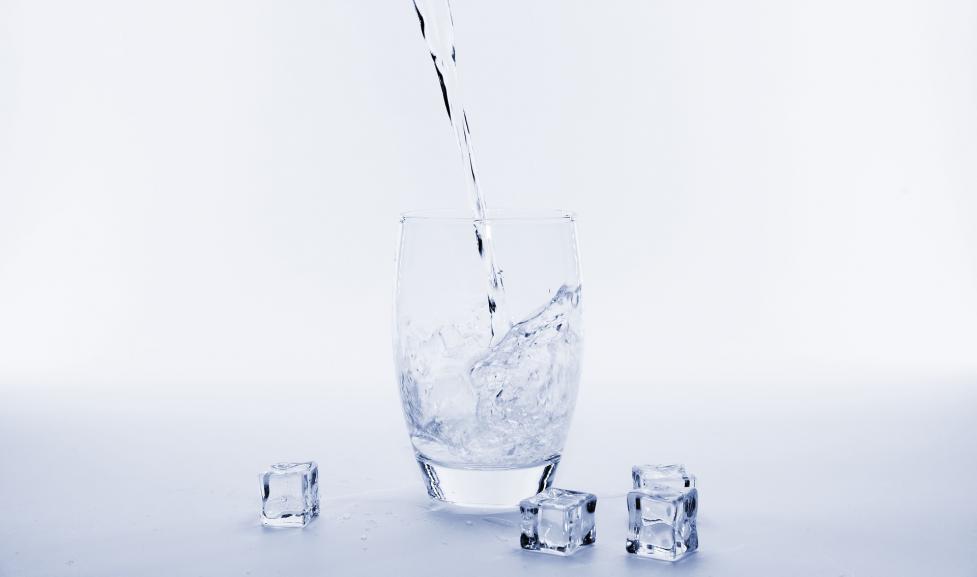The City of Boulder is pleased to present the 2025 Drinking Water Quality Report, which summarizes water quality testing results from 2024. Read the Water Report PDF to learn about the city’s efforts to protect our water supply.
El Gobierno de la ciudad de Boulder se complace en presentar el Reporte de calidad de agua potable de 2025. El reporte resume los resultados de los análisis de la calidad del agua del año calendario 2024. Una copia digital del reporte está disponible en este enlace, que incluye todos los esfuerzos llevados a cabo por la ciudad de Boulder para proteger nuestro abastecimiento de agua.
